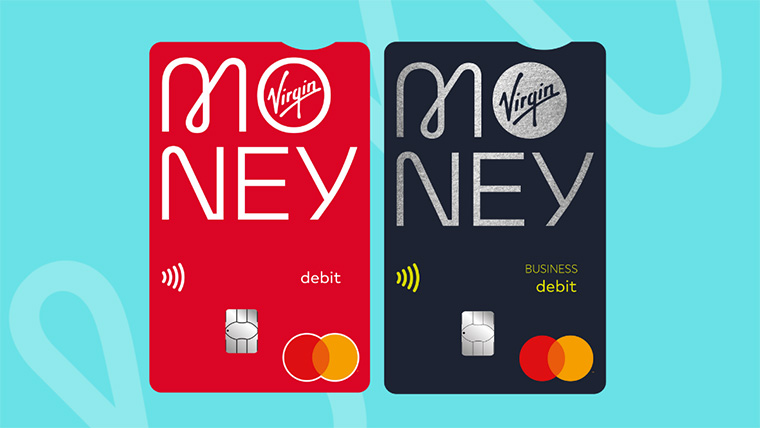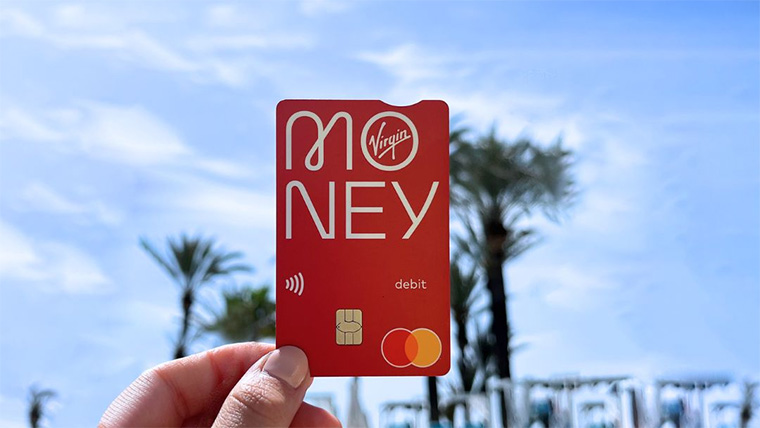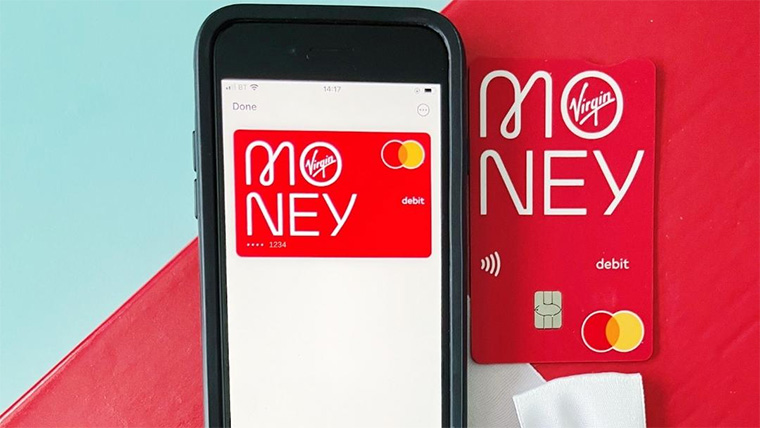
The essential guide to mastering your cashflow management

Do I need a business bank account?

Smart Strategies for Investing in Your Pension: A Guide for UK Investors

How to improve your businesses cyber security

How to boost your savings by £100s

Agri E Fund: helping farmers create a greener future

Five tasty and affordable fakeaway recipes

Four easy and healthy meals to add to your weeknight rotation

What's the difference between a personal bank account and a business bank account?

Five under £100 hacks that will make your home look more expensive

Five ways to supercharge your business

Eight tips for starting a business from home
 Mastering money
Mastering money
Five fun and cheap lunchboxes your kids won't get bored of
 Mastering money
Mastering money
Where to spend and where to save in your beauty routine
 Travel
Travel
Six ways to cut holiday costs that you might not have thought of
 Dream home
Dream home
How to give your garden patio a mega makeover for less than £80
 Saving money
Saving money
Five ways to start a savings habit - and make it last
 Mastering money
Mastering money
Four easy and delicious ways to use up leftover Easter eggs
 Money worries
Money worries
The five-part toolkit for calming financial anxiety
 Mastering money
Mastering money
How to talk to your partner about money in tough times
 Money worries
Money worries
How to give your money a makeover in 2025 - a month by month plan
 Money worries
Money worries
Five steps to have a Christmas with less money worry during the cost of living crisis
 Business
Business
Nine marketing tips that will help get your business noticed
 Money worries
Money worries
It's time to give your money a financial health check - here's how
 Business
Business
Six successful business TikTokers to follow
 Travel
Travel
Hoping for a holiday? Top tips on how best to save for your travels
 Travel
Travel
Save hundreds on your next holiday with my top travel hacks
 Business
Business
Boost your business's social media presence in ten simple steps
 Business
Business
How to start a successful business in 2022
 Mastering money
Mastering money
How to save on your utility bills this winter
 Business
Business
How I turned my side hustle into a thriving business
 Dream home
Dream home
How to add value to your home
 Dream home
Dream home